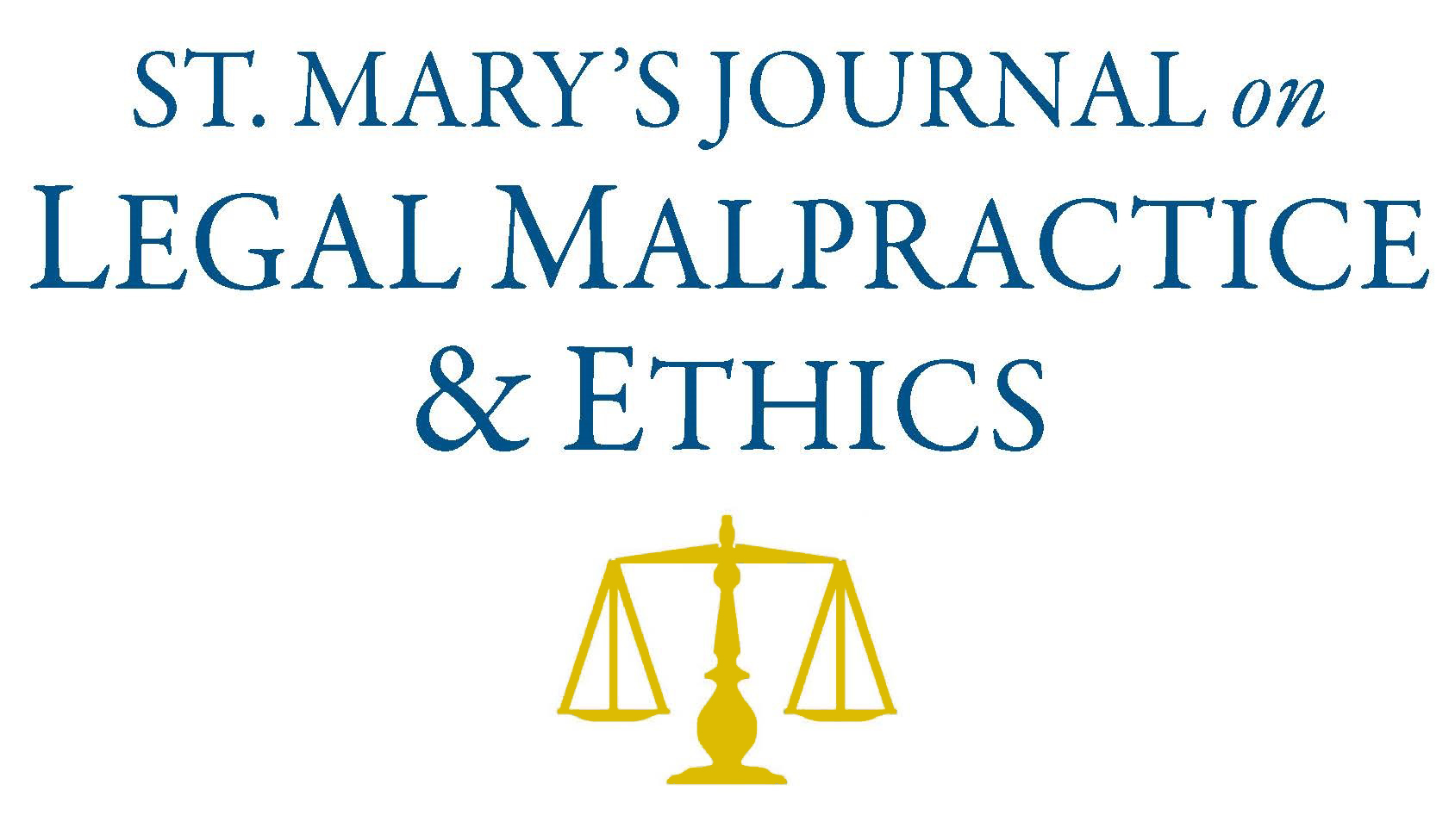
First Page
250
Date Created
1-1-2011
Publisher
St. Mary's University School of Law
Editor
Justin C. Roberts
Last Page
283
Abstract
In Brady v. Maryland, the United States Supreme Court held that the prosecution's withholding of material exculpatory evidence violated the defendant's due process rights regardless of the absence of bad faith. The implications of this duty can be seen in the case of John Thompson, a man who was convicted of murder in Louisiana in 1985 after the prosecution failed to turn over exculpatory evidence. Thompson was able to get his conviction reversed and subsequently sued the district attorney's office. This Article analyzes Brady and the decisions that followed it to outline the obligations of prosecutors who are in possession of Brady evidence. This Article then suggests several steps that district attorneys' offices can take to ensure that employees are properly trained and that Brady evidence is disclosed when required by law.
Recommended Citation
Enrico B. Valdez,
Practical Ethics for the Professional Prosecutor.,
1
St. Mary's J. on Legal Malpractice & Ethics
250
(2011).
Available at:
https://commons.stmarytx.edu/lmej/vol1/iss1/6
Included in
Law and Society Commons, Legal Ethics and Professional Responsibility Commons, State and Local Government Law Commons

